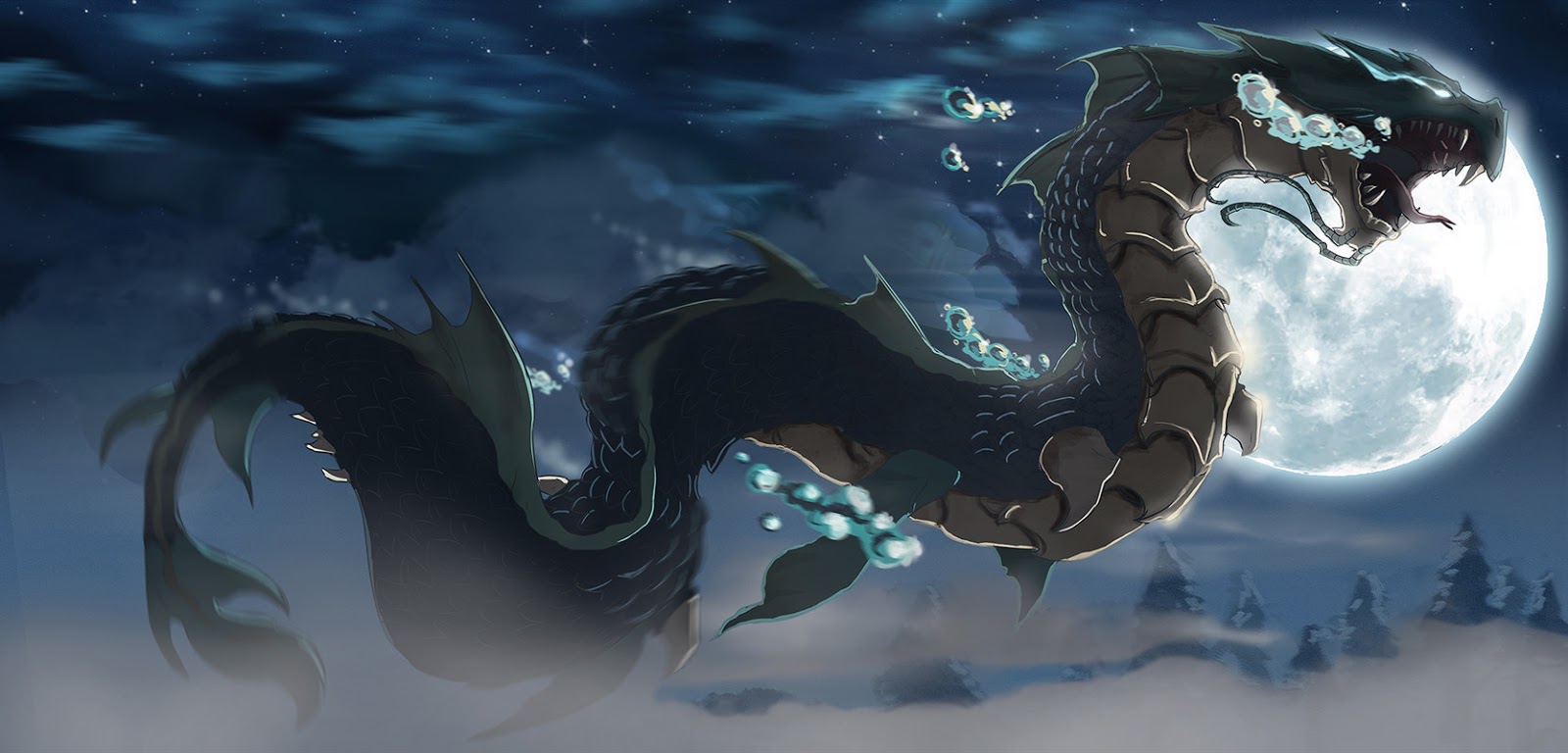Exploring Philippine Mythology: Unveiling Ancient Stories
Have you ever wondered about the stories whispered through generations, tales of gods and goddesses, mythical creatures, and epic heroes? These narratives, woven into the fabric of Filipino culture, form the rich tapestry of Philippine mythology. Understanding these examples of Philippine myths (halimbawa ng mito sa pilipinas) offers a glimpse into the heart and soul of the Filipino people, revealing their beliefs, values, and ancient worldview.
Philippine mythology, a collection of narratives and beliefs from various indigenous groups across the archipelago, offers a fascinating lens through which to view the country's history and culture. These stories, passed down orally for centuries before being transcribed, explain the origins of the world, natural phenomena, and the human condition. They are populated by a diverse cast of deities, spirits, and mythical beings, each with their unique role and significance.
Examples of these myths (mga halimbawa ng mito), like the story of Maria Makiling, a benevolent diwata (nature spirit) associated with Mount Makiling, demonstrate the close relationship between Filipinos and their natural environment. Other narratives, such as the legend of the Sarimanok, a colorful bird believed to bring good fortune, reveal the artistic and symbolic expressions within Filipino culture. Exploring these diverse mythological examples allows for a deeper understanding of Filipino identity.
The importance of Philippine mythology lies not only in its historical and cultural value but also in its contemporary relevance. These stories continue to inspire artists, writers, and filmmakers, shaping modern Filipino art and literature. They also serve as a source of pride and identity, connecting Filipinos to their ancestral heritage. Understanding these narratives allows us to appreciate the depth and complexity of Filipino culture, recognizing the enduring power of storytelling in shaping a nation's identity.
However, the preservation and promotion of Philippine mythology face challenges in a rapidly modernizing world. The influence of globalization and the dominance of Western culture can sometimes overshadow indigenous traditions. Efforts to document and disseminate these stories are crucial to ensure their survival for future generations. This includes supporting research initiatives, incorporating mythological themes into educational curricula, and promoting cultural events that celebrate Filipino folklore.
Philippine mythology often explains the creation of the world, the origin of humans, and natural phenomena. For instance, some myths describe how the world emerged from a cosmic egg, while others narrate the creation of the first humans from bamboo. These stories offer a pre-scientific understanding of the world, reflecting the beliefs and values of ancient Filipinos.
The benefits of studying Philippine mythology are manifold. First, it provides insights into the rich cultural heritage of the Philippines. Second, it fosters a deeper understanding of Filipino identity and values. Finally, it inspires creativity and imagination, enriching our appreciation of storytelling and its power to shape our understanding of the world.
Advantages and Disadvantages of Studying Philippine Mythology
| Advantages | Disadvantages |
|---|---|
| Deeper understanding of Filipino culture | Limited access to some sources |
| Enhanced appreciation of Filipino identity | Potential misinterpretation or distortion of narratives |
| Inspiration for creative pursuits | Risk of overlooking regional variations in mythology |
Frequently Asked Questions
What is the significance of the Sarimanok in Philippine mythology? - The Sarimanok is a symbol of good fortune and prosperity.
Who is Maria Makiling? - Maria Makiling is a benevolent diwata associated with Mount Makiling.
Where can I find examples of Philippine myths? - You can find resources online, in libraries, and in cultural centers.
How are Philippine myths passed down through generations? - Primarily through oral tradition and storytelling.
What are some common themes in Philippine mythology? - Common themes include nature worship, ancestor veneration, and the struggle between good and evil.
Why is it important to preserve Philippine mythology? - Preservation ensures the continuity of cultural heritage and strengthens Filipino identity.
How can I learn more about specific Philippine myths? - Consult books, research articles, and online resources dedicated to Philippine folklore.
Are there any modern interpretations of Philippine myths? - Yes, contemporary artists, writers, and filmmakers often draw inspiration from Philippine mythology.
In conclusion, exploring the world of Philippine mythology, through its many examples (halimbawa ng mito sa pilipinas), provides a captivating journey into the heart of Filipino culture. These ancient narratives, passed down through generations, offer a unique lens through which to understand the beliefs, values, and history of the Filipino people. By studying these myths, we gain a deeper appreciation for the richness and complexity of Filipino identity, recognizing the enduring power of storytelling in shaping a nation's soul. Let us continue to explore, preserve, and celebrate these captivating stories, ensuring their survival for generations to come. Embrace the magic and wisdom woven within the tapestry of Philippine mythology and discover the profound connection it offers to the past, present, and future of the Philippines.
Exploring the concept of word of honor in the digital age
Experience the magic harry potter and goblet of fire izle
Navigating humana gold plus snp de h1036 304 hmo d snp












